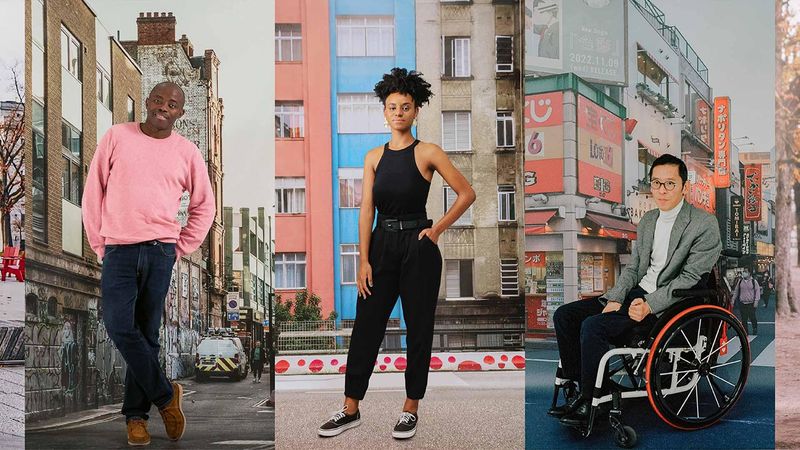How Education Can Empower Underrepresented Voices in Healthcare
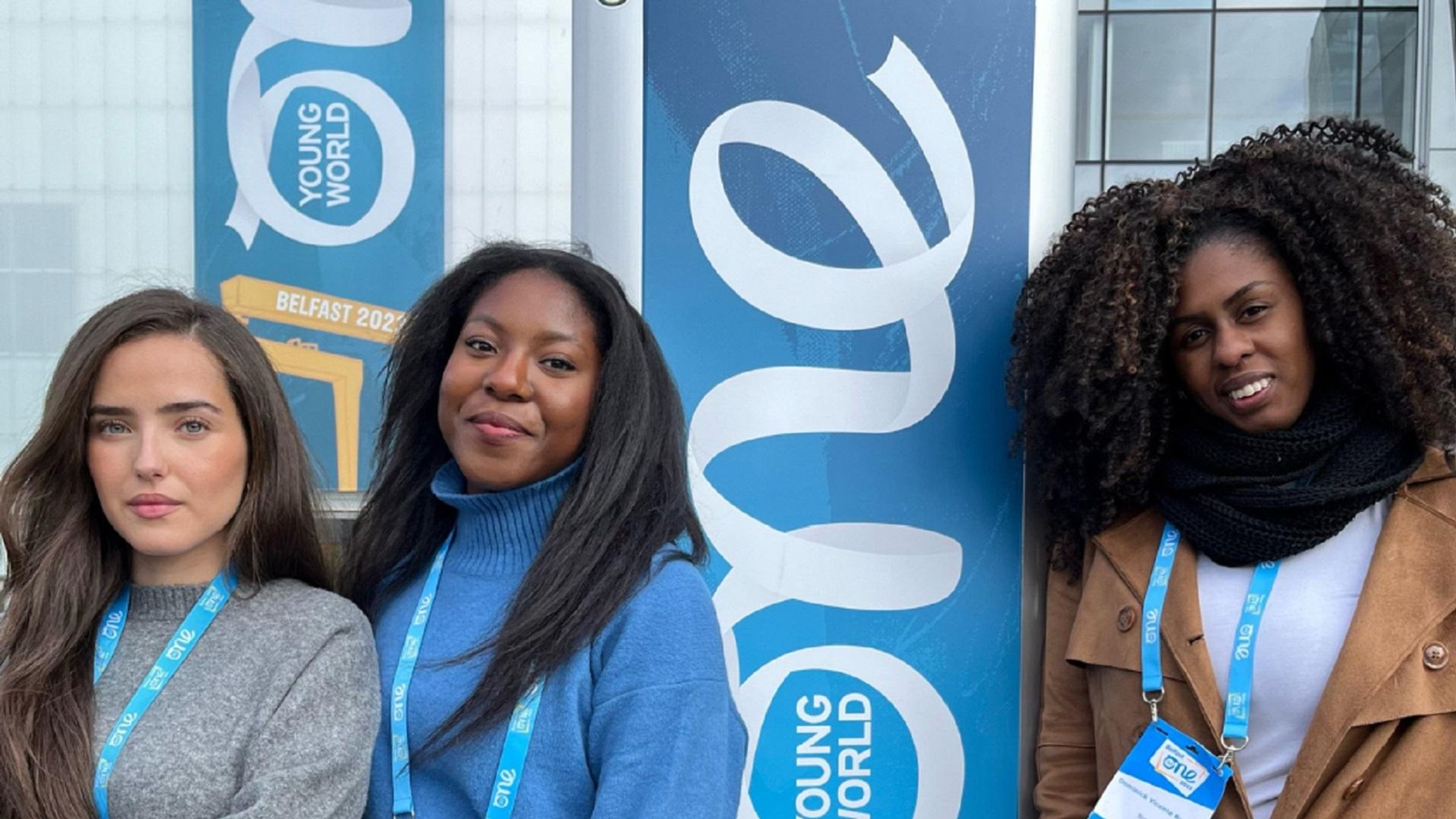
The path to building trust with marginalized groups should not be left to chance.
No child's education should be left to chance, especially not those from less privileged backgrounds. This couldn’t be more urgent. When we nurture diverse young minds, we pave the way for them to reshape the very foundations of our institutions and, by extension, our society. The journey towards such transformative change begins with a commitment to inclusive education.
Which is why I am immensely proud that, as part of our A Million Conversations initiative, we’re able to support students through the Sanofi NextGen Scholarship. This opportunity offers students from marginalized communities a holistic program with financial support, mentorship, leadership training and future career opportunities.
Our first cohort of 100 Sanofi NextGen scholars are studying at academic institutions in five countries across the world. These young leaders are laying the groundwork for a more equitable and inclusive healthcare system.
This is a crucial step to drive much needed change. Our global survey exposed a healthcare trust deficit, which has the danger of growing in severity. We found that only 77% of young adults (18-29) trust information from their doctors, in contrast to 91% of those aged 65+. Indeed young adults are also more likely to have lost trust due to past negative experiences - 70% compared to 45% aged 65+.
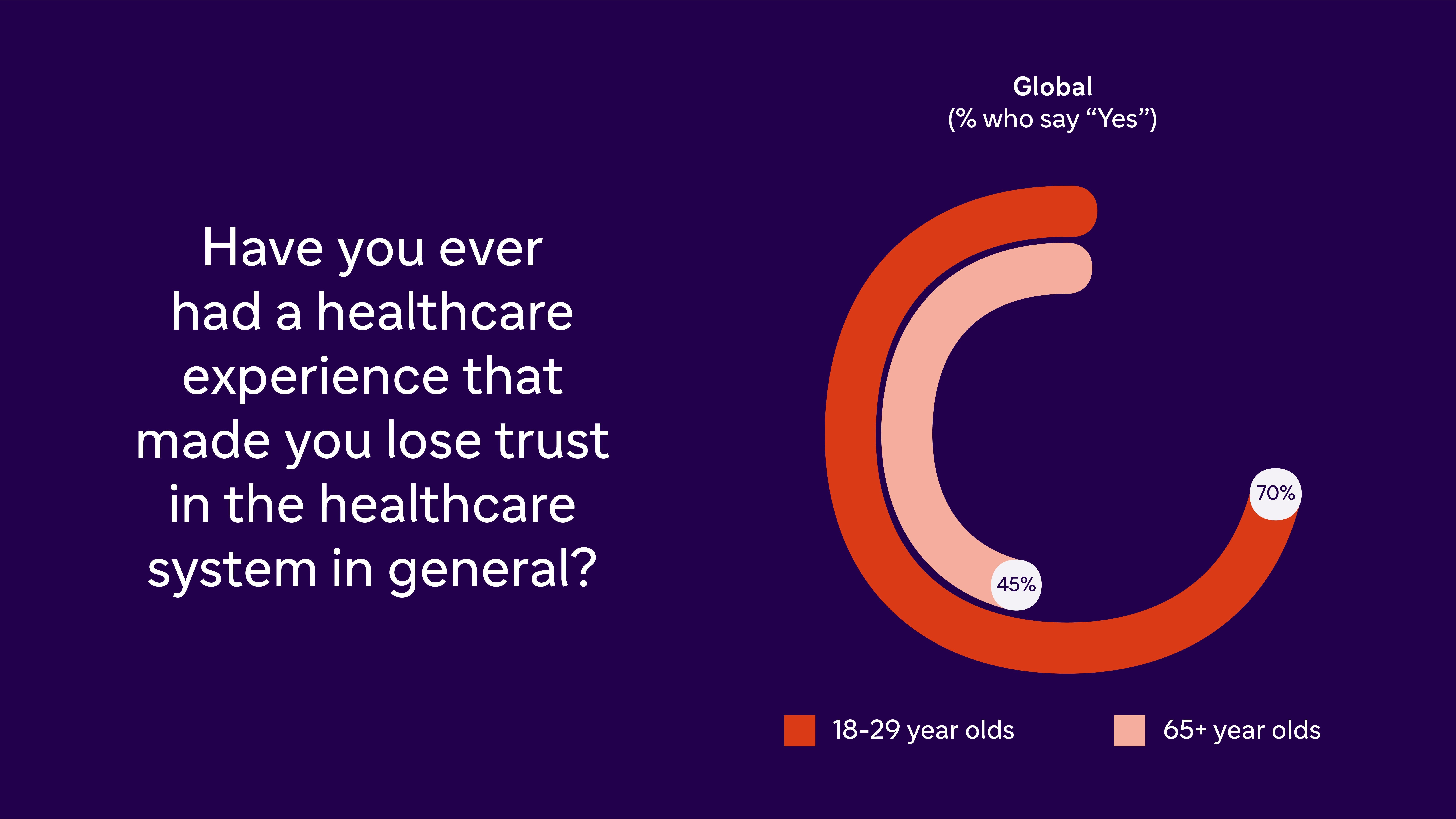
18-29 year olds are more likely to have lost trust due to past negative healthcare experiences - 70% compared to 45% aged 65+.
If today’s youth can’t trust their doctors, what kind of future does that hold for healthcare?
At Sanofi, we believe in a healthcare system where all communities feel heard, respected and understood. It’s why we launched our initiative A Million Conversations, which we took to the One Young World Summit in Belfast. The Summit convenes the brightest young talent to discuss the world’s biggest challenges. Sanofi’s attendance only reinforced my belief that the youth of today will be vital to rebuilding trust in tomorrow's healthcare system.
Three of our Sanofi NextGen scholars joined us in a workshop exploring how to build a more inclusive and trusted healthcare system. This engaging session provided a platform for meaningful dialogue and the exchange of valuable perspectives from delegates around the world and I'd like to share three of their insights with you today.
Three insights from our One Young World workshop
1. Knowledge should not be a privilege
The delegates discussed how there was a greater need for financial support for higher education. This would ensure everyone has the opportunity to get the qualifications they need to succeed - no matter their social or economic background. In turn, healthcare institutions and businesses must work in partnership with schools and colleges to provide opportunities for people from underrepresented groups.
2. Education institutions could themselves inspire confidence
By initiating programs that improve health literacy and introduce training to combat implicit biases, we can start to rebuild trust in the patient-doctor relationship from an early age.
3. We must increase diversity across the healthcare value chain
During the workshop, a unified passion for better diversity across the healthcare value chain was evident. The saying goes “if you can’t see it, you can’t be it”. Having diverse role models at all touchpoints inspires confidence.
Addressing these challenges won’t be straightforward, but we must not leave it to chance. We must collaborate across private and public sectors. Educators, doctors, policymakers and business leaders - each of us must be intentional in the changes we dare to make to help build trust in healthcare.
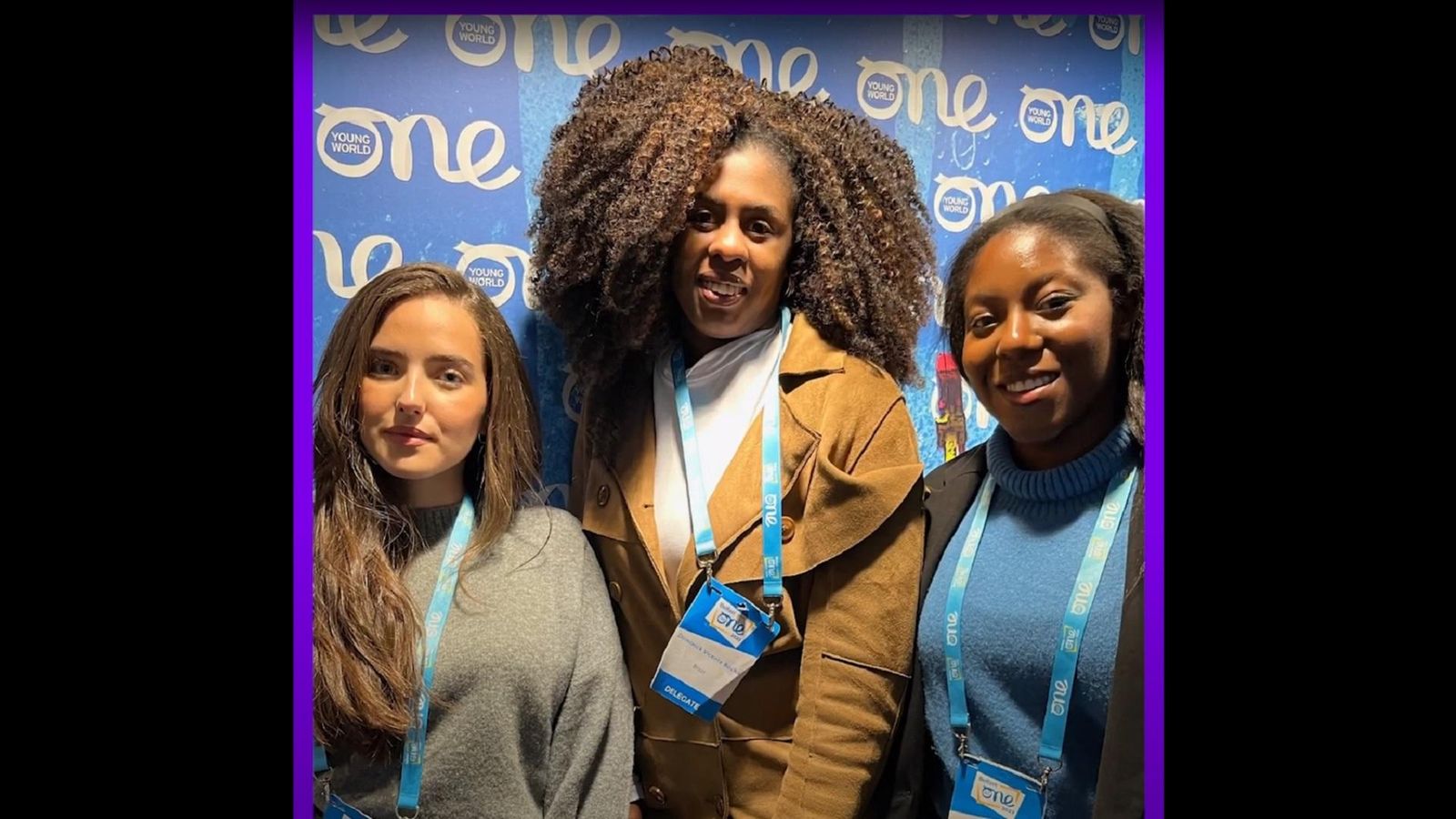
Explore more
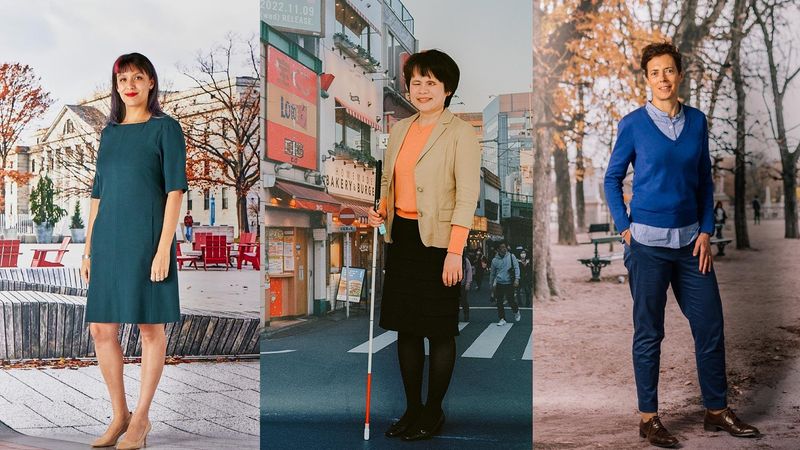
A Million Conversations
How we’re bridging the healthcare ‘trust gap’ with marginalized communities
